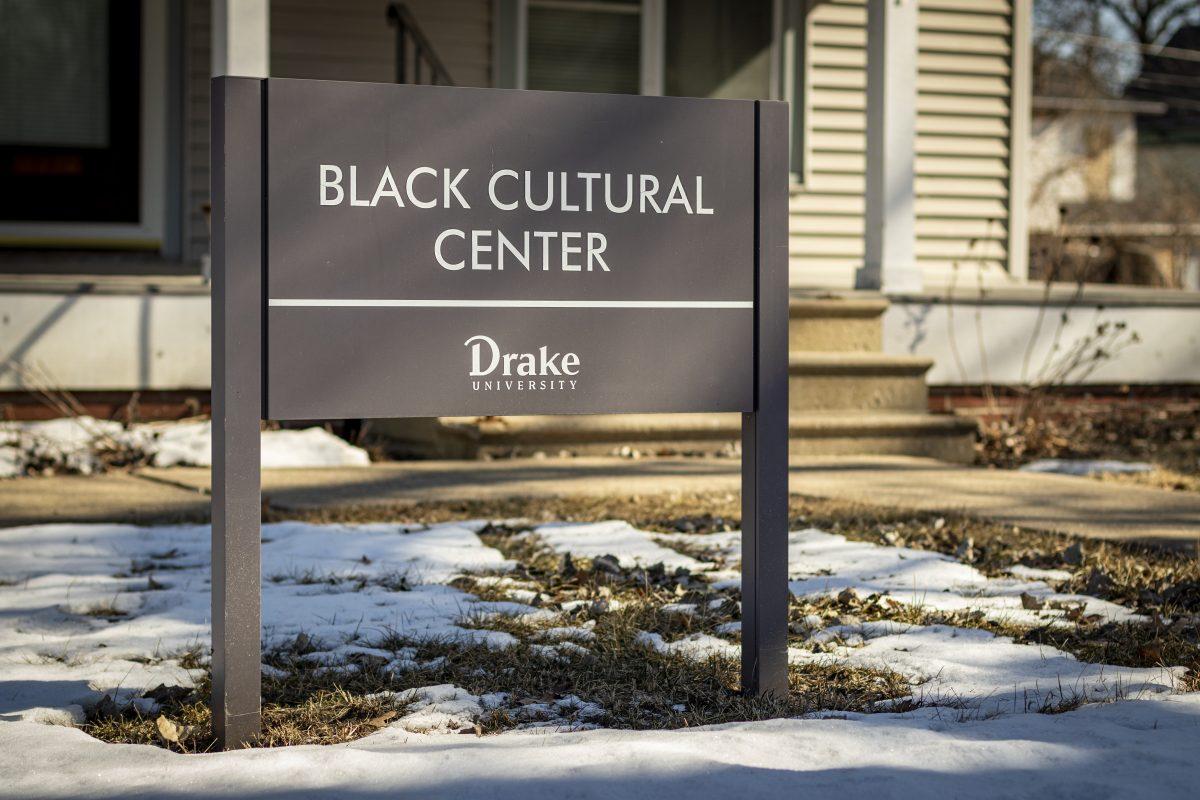by MADELEINE LEIGH
This February has brought black history back to the forefront of our consciousness. Politicians, speakers, and teachers wield Martin Luther King Jr. quotes in every other sentence. It is the one month a year America sets aside to remember Black people’s contributions to society.
Black student organizations have put on a rash of events covering things like black excellence in history and music and politics, in the world at large and at Drake. February has been littered with social events as well, as a way to strengthen the black community on campus.
These events, prepared through time and effort by the Coalition of Black Students and Drake’s NAACP chapter, are a platonic example of organizing.
Amari Love, the president of CBS, spoke to this in a phone interview.
“A lot of organizing actually goes into the month itself,” Love said. “I would say there’s a lot of pre-planning for it, especially specific events.” CBS has been planning for this year’s Black History Month since last fall.
They assign a committee of members to each event, like the Black on Black celebration happening Feb. 29 at 12 p.m. in Levitt Hall, to ensure every detail gets its due.
“You have to hit the ground running, but you make sure all your ducks are in a row,” Love said. “A lot of it is small detail work that you have to pay attention to.”
The NAACP had a very similar process, according to Learenna Reynolds, first vice president, and Jamie Dixon, president.
“We wanted it to be easier on us, because we are, like you said, also students,” Dixon said. “It’s like dividing and conquering with each of the events.” NAACP Drake University chapter is hosting a final event for Black History Month, “We the People,” on Feb. 28 at 4pm in Meredith Hall.
But the fact that America has to designate a specific month to talk about Black History is troubling to Love, Reynolds and Dixon.
“If it were up to me, Black History Month would not be celebrated in one singular month,” Love said. “To me, every month is literally Black History Month. So, I think it’s essential for everyone, not only black people, but people outside of our race, to celebrate Black History.”
Love continued, “I think it’s so important to do that because we are a part of history, we are a part of—a large part of America’s history…but yet, we’re so unrecognized.”
Reynolds had similar opinions.
“Black history is American history, whether a lot people like to believe it or acknowledge it,” Reynolds said. “Literally, [black people], you know, built the country. It’s very saddening to see that it had to be separated into a month, like it can’t be learned throughout the year.”
Drake’s community, faculty, administration and students alike, have a way to go on this issue, in these students’ opinions.
“There’s no celebration of it [Black History Month] because they don’t understand it, or want to learn about it, or try to,” Reynolds said.
She later suggested, “I think you can start with recognizing the students who exemplify Black history on your campus, because every day we live and breathe as Black history…it could be as simple as an email, like, ‘we want to acknowledge all of the Black people on this campus. We see you; we hear you; you are making Black history.’”
Love expressed a similar desire for effort on the part of the Drake community.
“The university can always probably do a better job essentially with helping assist people, and themselves…with learning more about black people and Black History,” Love said. “And that can start with learning about the Black students, first: learning about their needs, learning about what they actually want…I think you have to start somewhere, but why not start exactly where you are? Start with yourself.”







